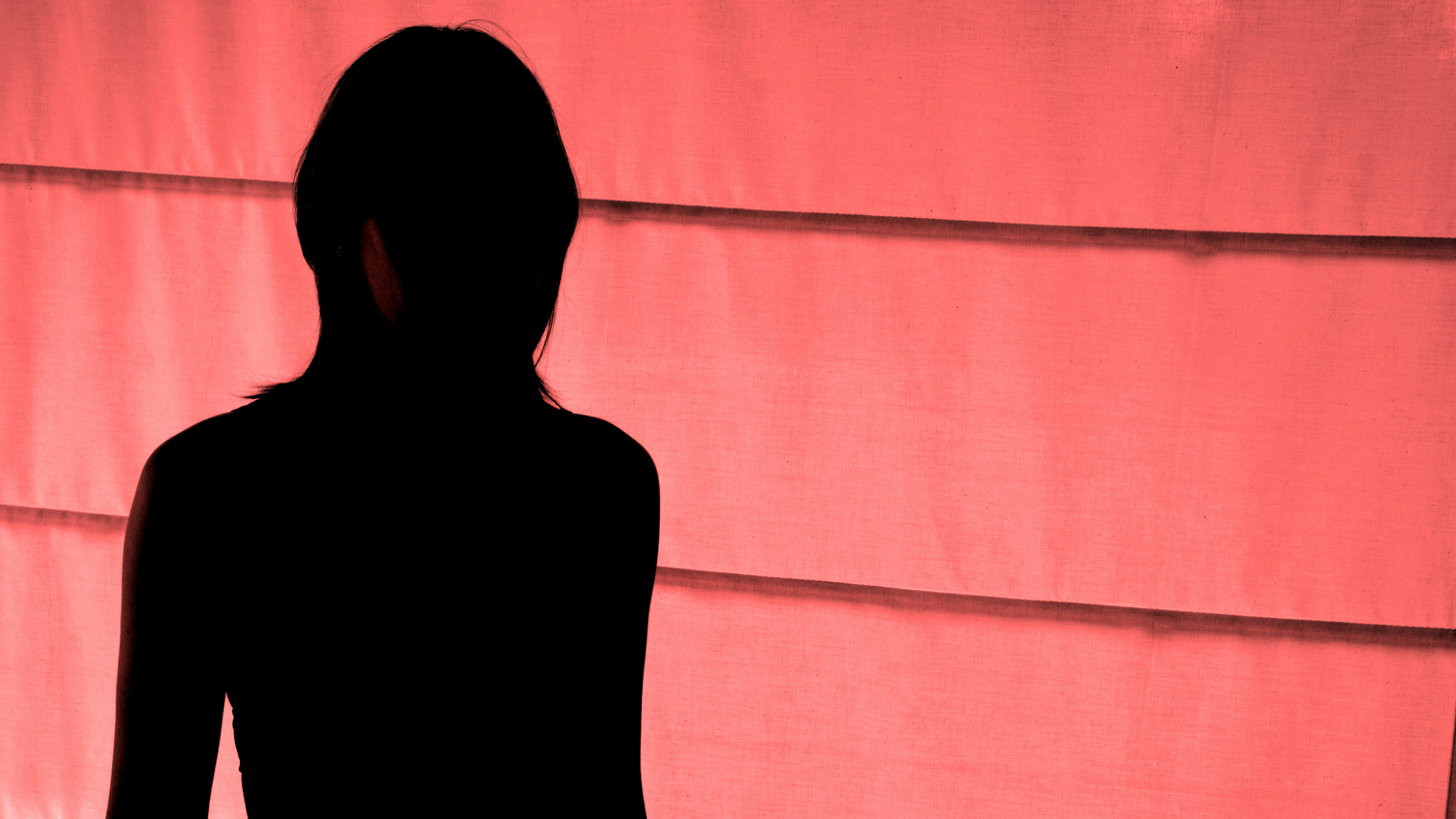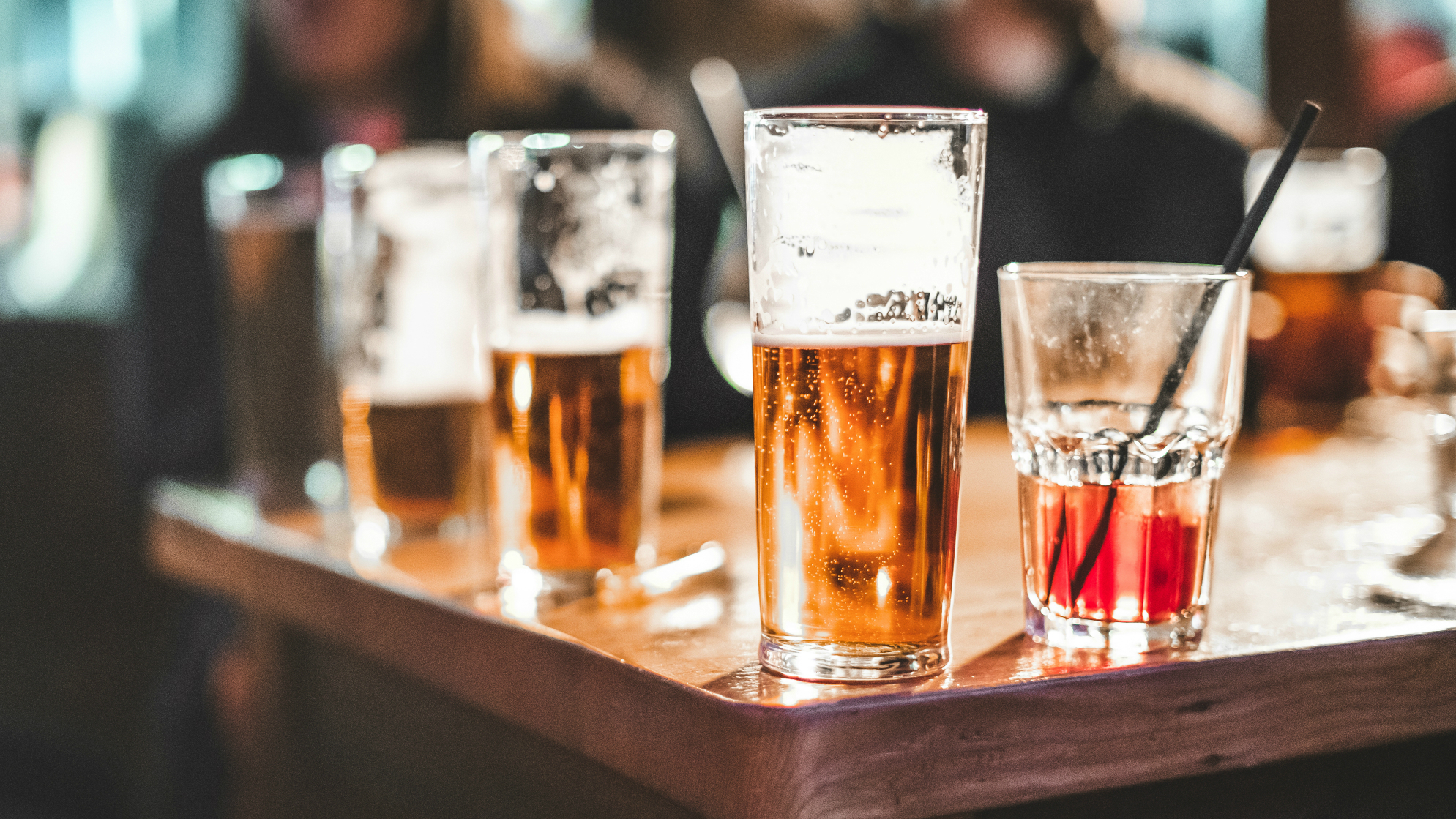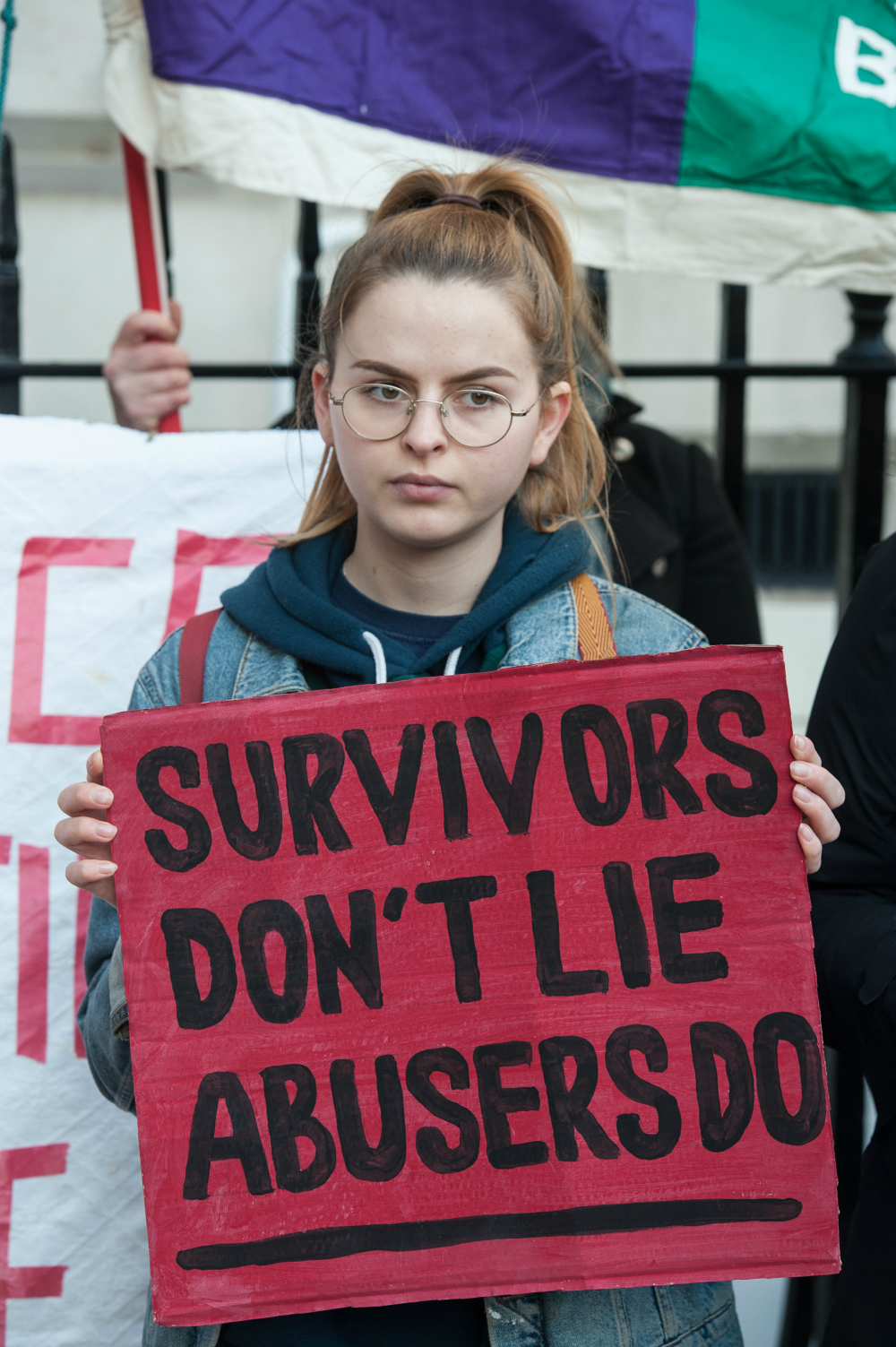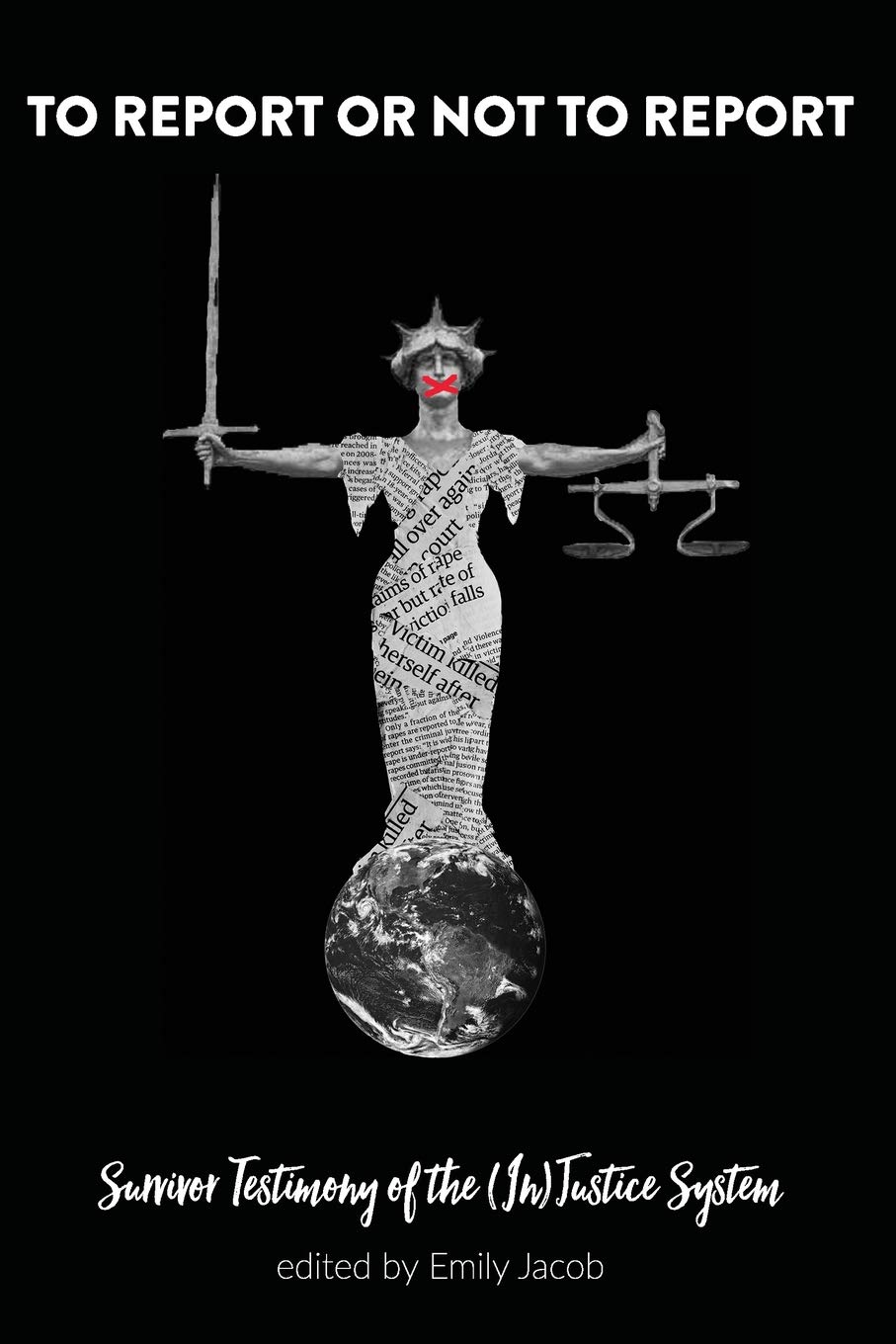‘My rapist was never convicted but I would still urge any woman to report the crime’
It’s not just in Cyprus where rape survivors are being badly treated. As Leigh’s story shows, at a time when unprecedented numbers are coming forward seeking justice, the UK criminal justice system is systematically failing women


It’s not just in Cyprus where rape survivors are being badly treated. As Leigh’s story shows, at a time when unprecedented numbers are coming forward seeking justice, the UK criminal justice system is systematically failing women
Words by Emma Elms
The recent rape case in Cyprus sparked international outrage. A 19-year-old British woman claimed she was gang-raped by 12 Israeli tourists, then allegedly urged by police to retract her statement days later, only to find herself charged with ‘public mischief’, held in jail in Cyprus before being given a four-month suspended prison sentence. She’s returned to the UK, suffering from post-traumatic stress, trying to piece her life back together. But it’s not just on holiday where rapists routinely escape justice. In April 2019 new Home Office statistics revealed the proportion of reported rapes being prosecuted in England and Wales had fallen to just 1.7% compared to 3.3% in 2017. In 2018 only 3.8% of sexual offences led to a charge or summons, down from 5.6% in 2017. Campaigners say these latest stats suggest the alleged perpetrators of more than 98% of rapes reported to the police are allowed to go free. Not surprisingly, this deters many women from ever reporting the crime. Leigh, 29, a secretary from Warwickshire, who reported her rape to police in the UK, but didn’t get justice, still urges any woman to do the same.
Leigh’s story
‘It was April 2011 and I was 20. My relationship was deteriorating so I had very little self-esteem. I'd recently started a new job and made new ‘friends’ there. One evening I went out with a new male ‘friend’ from work (who was gay) and we met up with some of our other female colleagues.
Soon, Carl and I got chatting to three other new men in the bar. It turned out they were all soldiers serving in the British Army, the same as my boyfriend, which naively made me feel instantly 'safe'. They were friendly and the one I spent most of the time in conversation with mentioned he had a girlfriend. We chatted, danced and they bought the drinks all night. I was enjoying myself and secretly flattered by all the attention. I now think the drinks may have been laced with drugs.

What still haunts me is that my memory of the night is unclear, but according to statements from the three soldiers and Carl, we later agreed to go back to their hotel room. I now know we arrived at the hotel between 3-4am. I passed out and at around 6am I awoke to find the perpetrator Sam* on top and inside me. It took me a moment to realise what was happening. My arms seemed to be pinned down beside my body and I couldn’t move my legs. My body was frozen stiff. I remember realising something awful was happening and been bitten on my shoulder blade - I told him, ‘No! Stop it!’ and again, ‘No!’
Sam’s friend stood in the doorway telling him to stop too, saying, 'Just leave it' while Carl (apparently) lay asleep in the bed beside us, oblivious to my ordeal. I remember Sam getting off me and me rolling onto my side, before I got up and ran to the bathroom. I came out to find Carl awake, saying we needed to leave. I started to collect my belongings but couldn't find my knickers or tights. We found them - in Sam’s bag.
Celebrity news, beauty, fashion advice, and fascinating features, delivered straight to your inbox!
When we left, I knew something awful had happened, but I felt like a child again, knowing what had happened was wrong but being unable to articulate into words what it was. Carl was relatively sensitive to the situation and calmly told me I'd been raped and we should go to the police.
We did - I walked into the station and told them I’d been raped. And I don't doubt for a minute I did the right thing. I was escorted to a room to wait for specialist officers to arrive. I called my mum, but found it so difficult to speak a policewoman took the phone and explained. Two female officers then drove me to a special unit, and my mum and stepdad met us there.
I had to have a full-body examination. Not only had this man ripped me of my spirit, his horrendous violating act had resulted in another stranger having to violate the most private part of my body all over again, yet I understood why they needed to examine me. Afterwards, the original investigating officer kept me informed of the process and treated me with the dignity I deserved.

However the three men had almost three weeks to ensure their 'stories' matched. Carl gave his statement the same day I reported it. The police told me he’d admitted giving each of the men oral sex in the hope 'they didn't do anything to me' which I knew nothing about. And that the three men had left the hotel room only 10 minutes after we did. The police officer advised that the CPS would look at this as if it was a group of people having an 'orgy' and I had woken up regretting what 'I'd done'.
This couldn't have been further from the truth, but I understood the police were trying to prepare me for the outcome from the Crown Prosecution Service, who had to look at how a defence barrister would pull apart ‘my side of the story’.
Six to eight weeks later, the original investigating officer called and asked if he could come to my home to discuss the decision the CPS had reached. He arrived and explained that the CPS wouldn’t be taking it any further due to ‘lack of evidence’ particularly as no date rape drugs had shown up in my toxicology reports. Regardless of the fact that I had met the men between 9pm and 10pm so it’s possible any drugs would have left my system by the time I was tested over 12 hours later. It was my word against theirs.
The officer however wanted to tell me that he and his team believed me. I know I it’s not justice, but to this day, I still hold onto that. My statement will remain on record and if the perpetrator should commit a further offence, my statement will be there, awaiting use.
After the rape, I felt as if my life had ended. I told my boyfriend the next day and our relationship finished soon after. He couldn’t cope with knowing another soldier one of his own kind had done this to me.
In the weeks afterwards I felt numb, as if my body wasn’t my own. My rapist had stolen my innocence and my trust. I still find it hard to trust people, even family members. I always wonder if they have some kind of ulterior motive. My parents were very supportive but found it hard to accept that someone had done this to their daughter.

I took two weeks off work, but when I tried to go back to the office, it was clear I couldn’t cope, so I left a month after the rape. I couldn’t deal with normal life the office small talk felt irrelevant, compared to the huge trauma I'd been through.
At first Carl was a comfort, but I started to suspect he’d known more than he’d let on. He quickly distanced himself and we lost contact. He told the two female colleagues who'd been out with us about the rape and one called me, but it was awkward and the last time we ever spoke. My best friend tried to help me, but I changed into a different person overnight.
I started to feel suicidal and was unable to work for nearly a year. I was diagnosed with depression and Post Traumatic Stress Disorder (PTSD)and suffered acute anxiety attacks. I don¹t think I'd be here today if I hadn’t had weekly counselling sessions via a rape support group for the first two months. I’ve battled with my mental health ever since.
Nine years on, I'm single, have a good job and finally I've become the woman I should have been before the rape. It no longer defines who I am and I feel excited about my future again.'
I realise I’m one of very few who have had a positive experience with the police. I fall into the 15% that choose to report and I wouldn’t change that decision. If I can help convince just one survivor to report, then it’s worth sharing my story. Maybe one day when the true volume of victims come forward, offenders will be forced to face the punishment for their crimes.’
Leigh’s account appears in To Report or Not to Report: Survivor Testimony of the (In)Justice System by Emily Jacob (available on Amazon). Emily is a rape survivor, coach and founder of www.reconnected.life. Through the site, she supports women recovering from rape, however long ago, helping them to lead fulfilling lives.
For further support or to find your local Rape Crisis Centre visit https://rapecrisis.org.uk/
*Some names have been changed.
Maria Coole is a contributing editor on Marie Claire.
Hello Marie Claire readers – you have reached your daily destination. I really hope you’re enjoying our reads and I'm very interested to know what you shared, liked and didn’t like (gah, it happens) by emailing me at: maria.coole@freelance.ti-media.com
But if you fancy finding out who you’re venting to then let me tell you I’m the one on the team that remembers the Spice Girls the first time round. I confidently predicted they’d be a one-hit wonder in the pages of Bliss magazine where I was deputy editor through the second half of the 90s. Having soundly killed any career ambitions in music journalism I’ve managed to keep myself in glow-boosting moisturisers and theatre tickets with a centuries-spanning career in journalism.
Yes, predating t’internet, when 'I’ll fax you' was grunted down a phone with a cord attached to it; when Glastonbury was still accessible by casually going under or over a flimsy fence; when gatecrashing a Foo Fighters aftershow party was easy-peasy-lemon-squeezy and tapping Dave Grohl on the shoulder was... oh sorry I like to ramble.
Originally born and bred in that there Welsh seaside town kindly given a new lease of life by Gavin & Stacey, I started out as a junior writer for the Girl Guides and eventually earned enough Brownie points to move on and have a blast as deputy editor of Bliss, New Woman and editor of People newspaper magazine. I was on the launch team of Look in 2007 - where I stuck around as deputy editor and acting editor for almost ten years - shaping a magazine and website at the forefront of body positivity, mental wellbeing and empowering features. More recently, I’ve been Closer executive editor, assistant editor at the Financial Times’s How To Spend It (yes thanks, no probs with that life skill) and now I’m making my inner fangirl’s dream come true by working on this agenda-setting brand, the one that inspired me to become a journalist when Marie Claire launched back in 1988.
I’m a theatre addict, lover of Marvel franchises, most hard cheeses, all types of trees, half-price Itsu, cats, Dr Who, cherry tomatoes, Curly-Wurly, cats, blueberries, cats, boiled eggs, cats, maxi dresses, cats, Adidas shelltops, cats and their kittens. I’ve never knowingly operated any household white goods and once served Ripples as a main course. And finally, always remember what the late great Nora Ephron said, ‘Everything is copy.’
